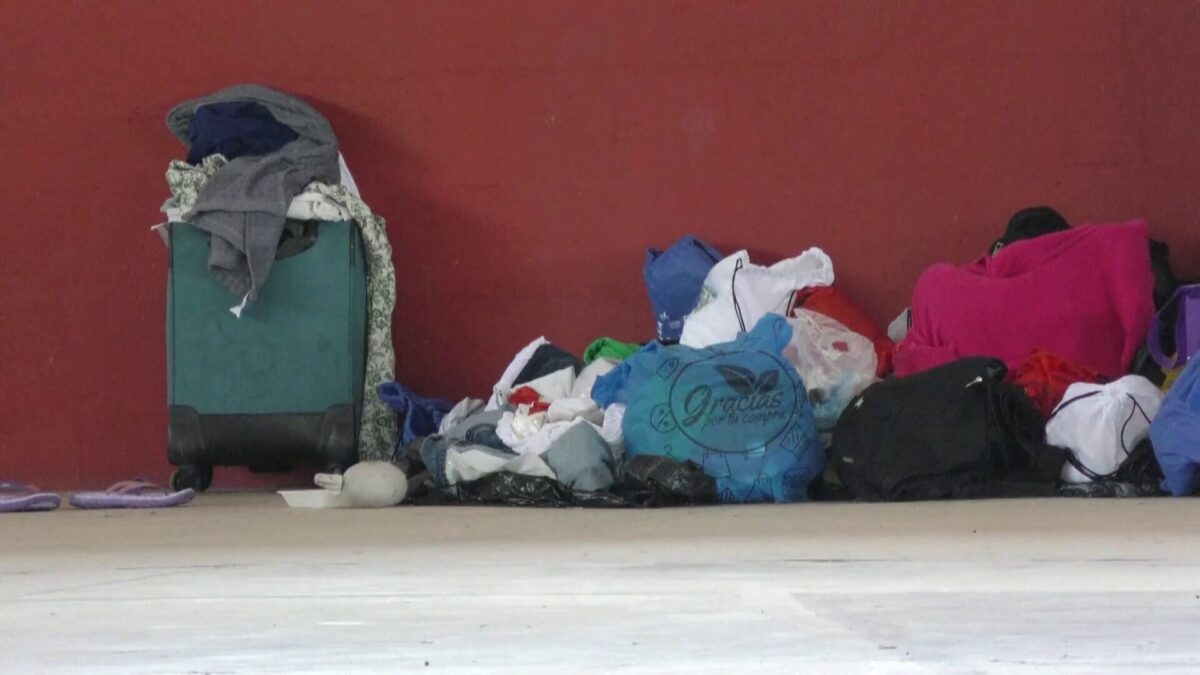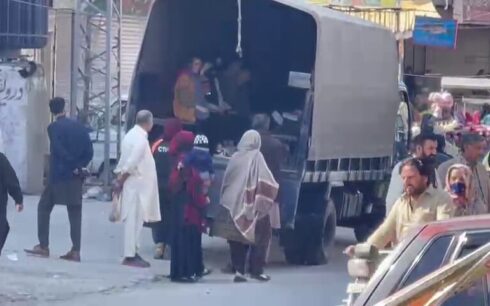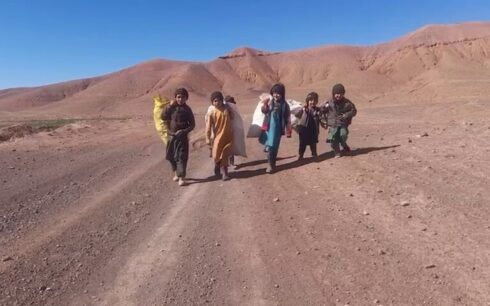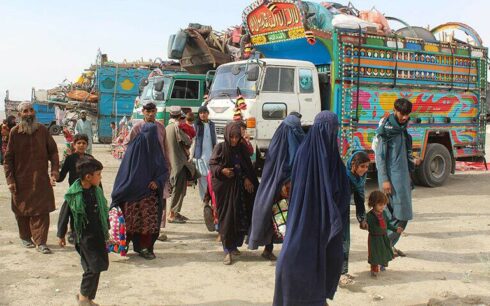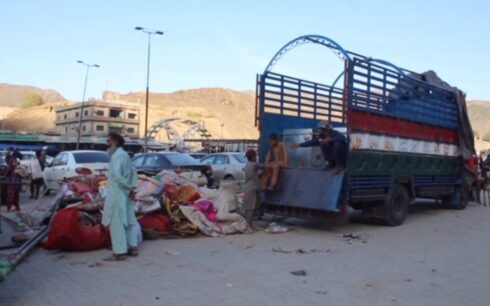More than 100 migrants, including Afghan nationals, who have been deported from the United States and left stranded in Panama, voiced concerns over their dire living conditions and lack of support.
Since February, the United States has deported 299 migrants from multiple countries to Panama, using the Central American nation as a temporary transit hub under an arrangement between Washington and Panama City.
Of those deported, 192 have since returned to their home countries. But at least 107 migrants—many of whom have refused repatriation—remain in government-run shelters on the outskirts of Panama City, according to Panamanian officials.
Several Afghan deportees told reporters they were given little or no information about their destination and described harsh treatment while in U.S. custody.
“We weren’t allowed to rest while in custody,” said one Afghan deportee. “Every time we tried to sleep, someone would bang on the door. We thought we were being sent to Texas, but after a six-hour flight, we found out we were in Panama.”
Others, including migrants from Eritrea, echoed the confusion.
“We weren’t told we were being deported,” said one Eritrean man, speaking in English. “We thought we were just being moved to another facility.”
Human rights advocates have raised alarm over the deportations, arguing that the process lacked informed consent and may constitute unlawful removal.
“Many of the deported migrants expressed that the deportations were carried out against their personal will and violated their human rights,” said Raphael Rodriguez, president of the Association of Naturalized Residents of Panama. “As far as we can see, there are indeed violations of human rights in evictions.”
Panama has issued 30-day humanitarian visas to the stranded migrants, extendable up to 90 days, but the government has provided limited support beyond shelter. Migrants are responsible for covering their own living expenses and arranging onward travel—options many say they cannot afford.
“I have children in Africa. In Panama, we don’t have work. I have nothing, so I don’t know what I can do,” said one Eritrean deportee.
Advocacy groups and legal experts are now calling for greater oversight of the deportation process and for international organizations to step in and assist those caught in what they describe as a humanitarian limbo.

